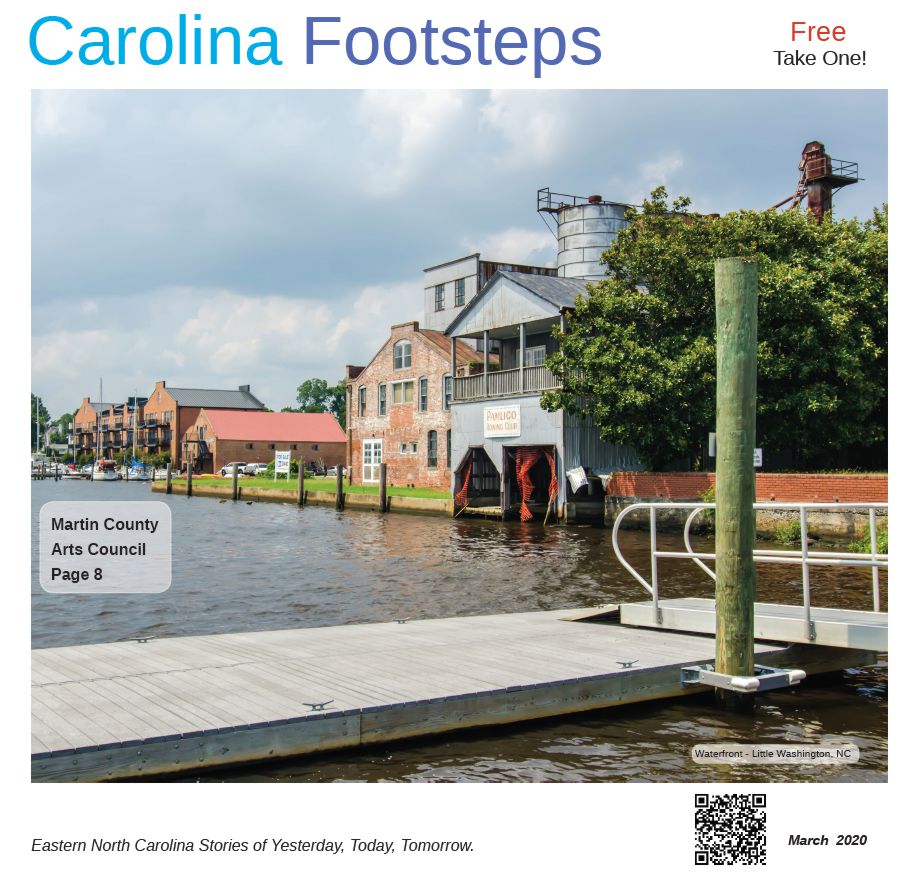Recently, a friend of mine commented on the trend of fast food workers demanding $15 an hour. His contention was that if no one was laid off, the food prices at restaurant chains would have to increase so much to support these high paying jobs that far fewer customers would walk in the door (or, well, drive through the human cattle chute). He was right to make such an argument - wages are only worth as much as their purchasing power. If everyone were paid at least $50 per hour tomorrow, poverty would not disappear, but inflation would increase, adversely affecting the entire economy. Mathematics dictate that profits, jobs, or prices must be changed to support raises, and public/investor opinion usually dictates that it’s not the first two. Workers near the bottom of the pay scale may see some net benefit from an increased minimum wage, but everyone else already making more than the new rate would suffer from inflation. High prices hurt everyone because they don’t discriminate based on income – if you make less than $20,000 a year, go to a Starbucks sometime and try asking for a discounted Frappuccino. Furthermore, wages are very slow to catch up to inflation because employers often have to start losing workers before raising their pay. If gas prices went to $5 a gallon tomorrow, do you think your boss would give you a raise the next day (or month)? If you said yes, write in to this publication letting me know where I can submit an application. If you said no, you now know what the sticky wage principle is.
TJ Maxx and Walmart recently announced a wage increase for their lowest paid workers. TJ Maxx announced this would come with a concurrent decrease in their projected earnings. To me this demonstrates two things: funding wage increases always results in some change to prices, jobs, or dividends; and minimum wages always make themselves obsolete. Eventually, inflation and competitive job markets create a higher effective wage floor than what the government has set. Some of that inflation is caused by the minimum wage; ironically, the minimum wage contributes to making itself irrelevant and far below the market value of labor. Anytime someone calls on an increase in the minimum wage, you can guarantee in five to ten years they’ll be asking for another.
Last month we explored the relationship between wages and inflation as a response to the postulation that a high minimum wage can cause some businesses to lose customers by way of price increases. While I agree with my friend who made this suggestion, he did not stop there. [My friend did not stop in his discussion on minimum wage hikes.] He further claims that the primary ways to increase real wages include deporting illegal aliens and prison terms for anyone who hires such immigrants. “Adam Smith had this sussed out in 1776,” he says. On the surface one may reason this has merit as a reduction in the labor pool should drive up the price of labor. But would Adam Smith agree with such a policy? [Find out in next month’s issue of the Albemarle Tradewinds.]
[Following last month’s discussion of the relationship between wages and inflation, this month we’ll conclude by discussing the implications for immigration policy and what we can learn from Adam Smith. Obviously,] If immigrants did not increase production, there would be no incentive to hire them. So while immigrants cheapen the labor pool by driving down some wages, that necessarily means an increase in production, which means a decrease in prices. All things being equal, at worst an increase in labor supply has no effect on real wages due to falling prices. However, due to the sticky wage principal, wages tend to change more slowly than prices, therefore in the short term the effect of falling prices is often to increase wage power. This is not to mention the benefits of increased production vs. other nations and improving the balance in trade. And who would be against having a wider availability of goods domestically, rather than having to import more? Finally, it is often assumed by many that immigrants only take jobs, but it’s not as if they can mail order all their groceries from overseas or live off of bark. As with almost any worker, immigrants consume production as well, driving the economic engine. Read next month’s issue for a conclusion to this economic discussion.
As promised last month, in this entry we will find Adam Smith’s opinions on government attempts to restrict resources, which relates naturally to our discussion on labor and immigration. Labor is in a sense just another resource in production, and whenever high tariffs block resources, this encourages smuggling and its negative consequences. The same goes for immigration, as anyone from our border states can attest. From Smith:
"An injudicious tax offers a great temptation to smuggling. But the penalties of smuggling must rise in proportion to the temptation. The law, contrary to all the ordinary principles of justice, first creates the temptation, and then punishes those who yield to it; and it commonly enhances the punishment, too, in proportion to the very circumstance which ought certainly to alleviate it, the temptation to commit the crime. …By subjecting the people to the frequent visits and the odious examination of the tax-gatherers, it may expose them to much unnecessary trouble, vexation, and oppression." (The Wealth of Nations, Book V, Chapter 2)
This futility in attempting to block goods or labor may be related directly to vain attempts to fix wages: "The price of labour…cannot be ascertained very accurately anywhere... Where wages are not regulated by law, all that we can pretend to determine is what are the most usual; and experience seems to show that law can never regulate them properly, though it has often pretended to do so." (The Wealth of Nations, Book I, Chapter 8)
It's amusing that those who may otherwise favor the free movement of goods would favor the restriction of other resources such as labor. Smith was, in a sense, not an absolutely free market philosopher. He did favor light tariffs on foreign goods for revenue purposes (to match domestic production taxes); similarly, anyone of a fiscally sound mind can ascertain the benefit of taxing immigration moderately, rather than wasting money on trying to reverse it. Stopping immigration does not increase real wages, but taxing immigration can prevent inflation by decreasing our government’s need to borrow, therefore keeping wages strong. More importantly, instead of cutting immigration and increasing the face value of wages, we should focus on making American goods more price competitive, which would encourage more investment in this country and keep the cost of living low, giving everyone more purchasing power and, effectively, higher wages. Many people today want to “buy American,” yet so many are opposed to policies that would make this second nature.
Tradewinds Flashback Feb, Mar, April 2015 -- Labor, Wages, and Prices by Matt Morrison
 Reviewed by kensunm
on
7:00:00 PM
Rating:
Reviewed by kensunm
on
7:00:00 PM
Rating:
 Reviewed by kensunm
on
7:00:00 PM
Rating:
Reviewed by kensunm
on
7:00:00 PM
Rating:







No comments: